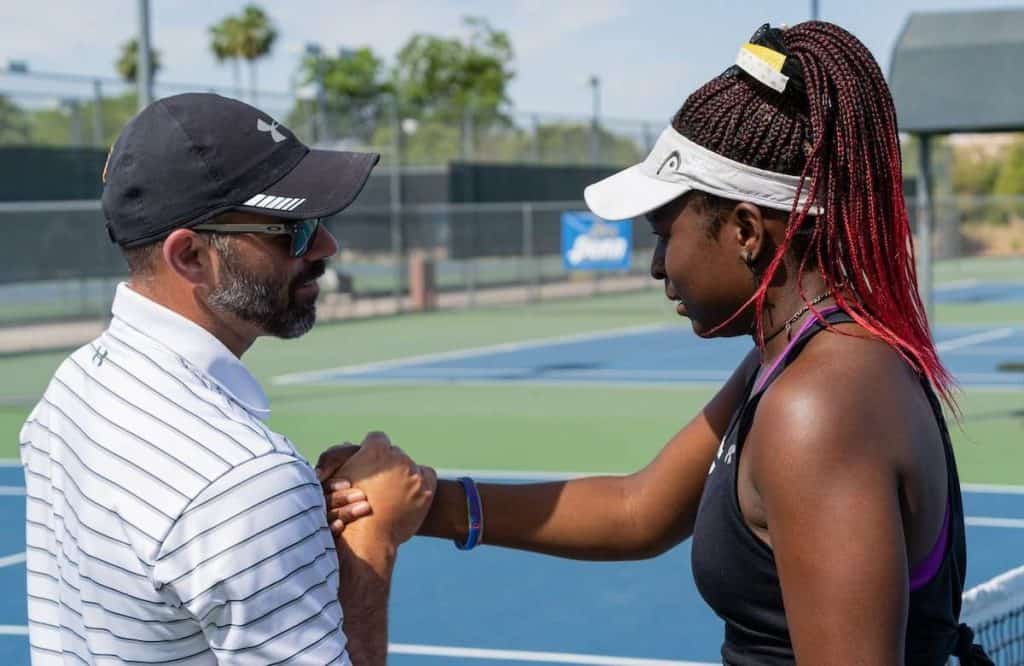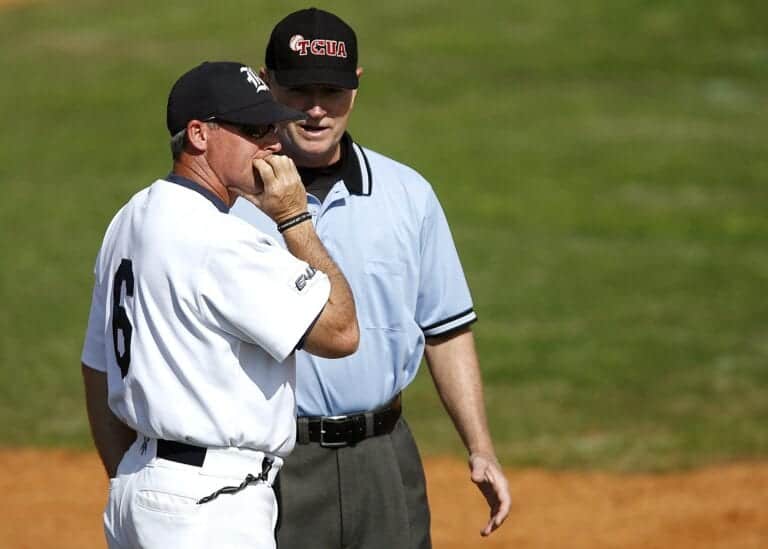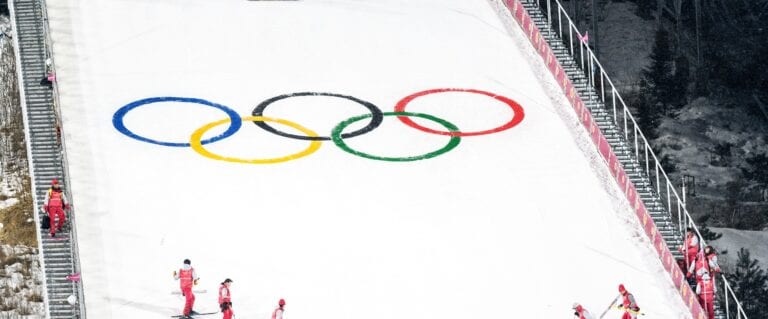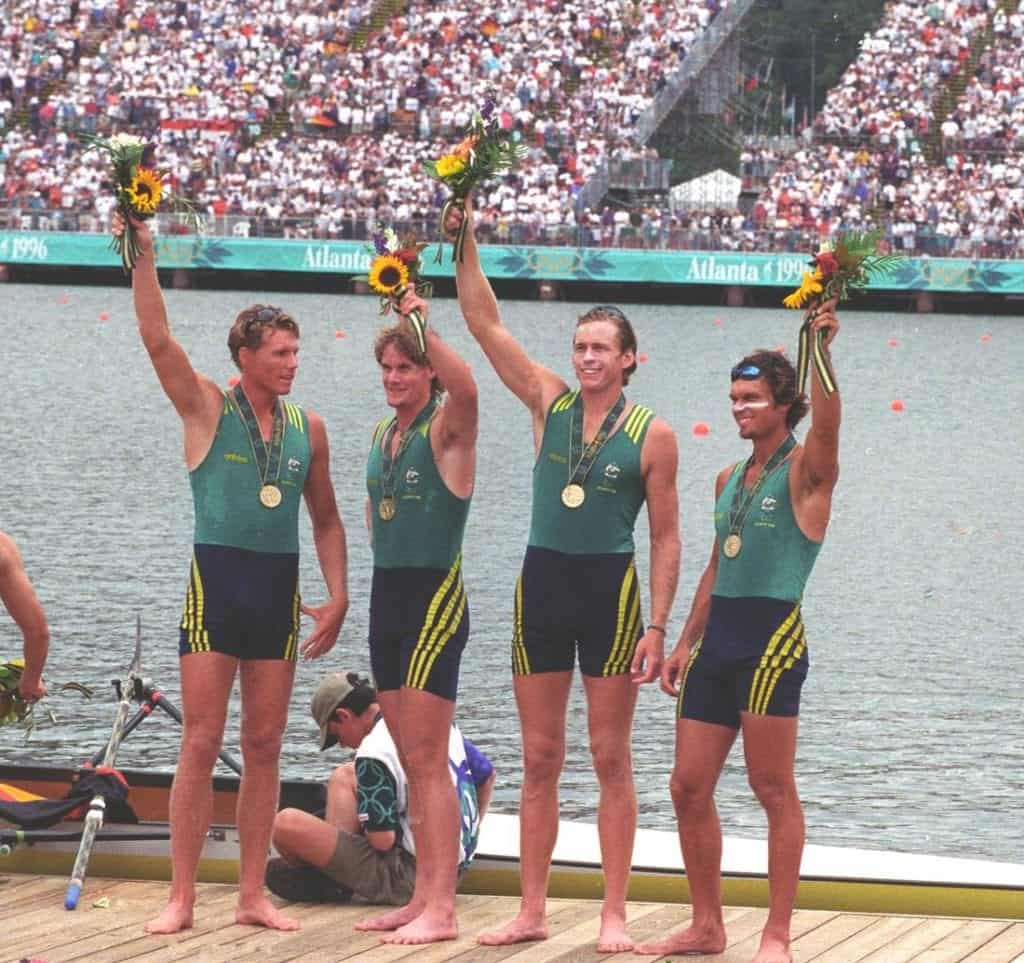Athlete Centered Coaching
What is Athlete Centered Coaching?
Athlete Centered Coaching is a coaching philosophy underpinned by a set of values and coaching behaviors, where the primary goal of the coach is to help their athletes take responsibility of their sporting behaviors that create their results. This article outlines what Athlete Centered Coaching is, the goals of this approach and how to be this type of coach.
Why would a coach want to be this type of coach? Simply put, this coaching philosophy creates more consistent and higher performing athletes. The key reason this outcome is achieved is due to athletes learning to take more responsibility and ownership over their performances in their sport.
When athletes take greater responsibility and have ownership of their results, they begin to understand what behaviors contribute to high performance and which ones to poor performance. Through this development of self-awareness, athletes learn to self-correct their technique and tactical play. They learn to make better decisions on the field or in a race, when it matters the most.
The underpinning values of Athlete Centered Coaching are:
- Safety: The athlete’s physical and emotional safety is the number one priority. It is the underlying focus for all athletic systems, structures and programs implemented by the coach and organizational administration.
- Life Skill Development: Sport is fundamentally a vehicle to develop life long skills in athletes so they can be effective and meaningful contributors to society.
- Athlete Uniqueness: Every athlete is unique and this uniqueness of personality is respected by the coach and therefore each athlete is coached in a way which is appropriate for them.
- Self-awareness: The critical skill coaches are to develop in each athlete is self-awareness. Self-awareness is firstly made up of athletes understanding their own personality and behaviors. Through self-awareness, athletes learn about their strengths, limitations, motivations and needs. With their coach’s guidance, athletes can begin to self correct their technique, develop their own tactical approach and ultimately take complete responsibility for their training and game day performance. This all happens through a consultative approach with their coach.
- Holistic Perspective: Athletes are people first and athletes second. A coach’s role therefore is to assist in developing their athletes within a holistic framework, so the athlete can develop outside of their sport as much as inside.
There are six steps to being an Athlete Centered Coach. They are:
- Coaching Philosophy: Decide on your coaching philosophy. This means understand what your beliefs about your coaching role are.
- Coach Self-awareness: This is about the coach understanding their personality and associated behavioral style and the subsequent coaching style preferences this translates to. We recommend the CoachDISC to gain this critical understanding.
- Your Coaching Styles: This step relies on you as the coach, understanding how to apply each of the four main coaching styles. These four styles are directing, sharing, inspiring and organizing. The best (top 1%) coaches can do all four styles and know when to use them. We can help you become one of the top 1% of coaches in this respect.
- Understand your Athletes: This is about knowing your athletes personality and behavioral profile. This information enables you to coach your athletes in a way which appeals to them and creates best results. Use the AthleteDISC to gain this vital knowledge and you no longer have to guess how to communicate to your athletes or struggle to understand what motivates them.
- Build the Coach-Athlete Relationship: This step focuses on building meaningful relationships with your athletes. Sport Psychology research has found the quality of the coach-athlete relationship is one of the most important factors in athlete’s motivation to compete in their sport. Our preferred term for highly motivated athletes is called, Athlete Engagement.
- Athlete Self-awareness: This is about your athletes understanding themselves by being exposed to their AthleteDISC profile then committing to make changes to enhance their results. Your athletes meet you half way in building a relationship as they learn more about themselves and you as their coach also.
Step 3 is a very important component of the process of Athlete Centered Coaching. This next section expands on this.
Of the four coaching styles, the most relied upon in Athlete Centered Coaching is that of Sharing. The Sharing style is about using questions instead of directions (Directive style) to help your athlete make technical and other changes.
A questioning approach engages the whole of the athlete’s mind and body in the learning process. When anyone is asked a question, they begin to cognitively process information and create their own links to what will and will not work in regard to their sporting technique. When athletes think for themselves they learn quicker.
It is that simple. If you are interested to read more about this, go to our article: Understanding the Four Coaching Styles?
Of course, if when you ask your athlete a question and they do not know the answer, you should rephrase your question. If there is still no answer, the fact they have thought about it has created the result you want and you can now be more directive and offer an answer which they are more likely to accept as they know that they do not know.
Athlete Centered Coaching, in our opinion is not about only using a questioning technique via the Sharing style of coaching. It is about being excellent at using all four coaching styles and knowing when to use each style at the most appropriate time, with the right athlete in the right situation. To read more about the four coaching styles, go to our article: The Coach Athlete Relationship is a Performance Factor.
Want more information?
Athlete Assessments’ behavioral profiles are all about understanding the drivers of coaches and athletes. The AthleteDISC and CoachDISC profiles use proven profiling techniques and based on decades of behavioral research and many years of top level sporting experience. After completing your questionnaire, which takes just 7-10 minutes, you receive an in depth 40-page personalized report. Your report analyzes your personal style, strengths and limitations and gives you tools and strategies you can start using straight away.
The AthleteDISC and CoachDISC profiles are suitable for athletes and coaches of ALL levels. They are directly relevant and beneficial for late-teens to get more out of social sport, student-athletes at college, players and coaches at representative level, through to Olympians aspiring to attain the ultimate sporting glory. The profiles are easy and convenient to use and all done online. It only costs about as much as a pair of sports shoes, and carries a money-back guarantee.
Take Action Now
Discover more information about the AthleteDISC profile for athletes and CoachDISC profile for coaches. Or contact us to find out how we can help you further develop your coaching.
Recommended Articles
Defining a Sport Coaching Philosophy is as critical for sports Coaches as it is for business and industry leaders to define their leadership philosophy. It is key for successful coaching.
In recent years, more attention has focused on the impact of the coach-athlete relationship on an athlete’s performance. Research from the 2008 Canadian Olympic Study showed that coach-athlete relationships significantly impact athlete performance.
Every time an athlete, coach or team strives to better their performance, they analyze themselves in action, identify areas to improve upon and make plans for change...







